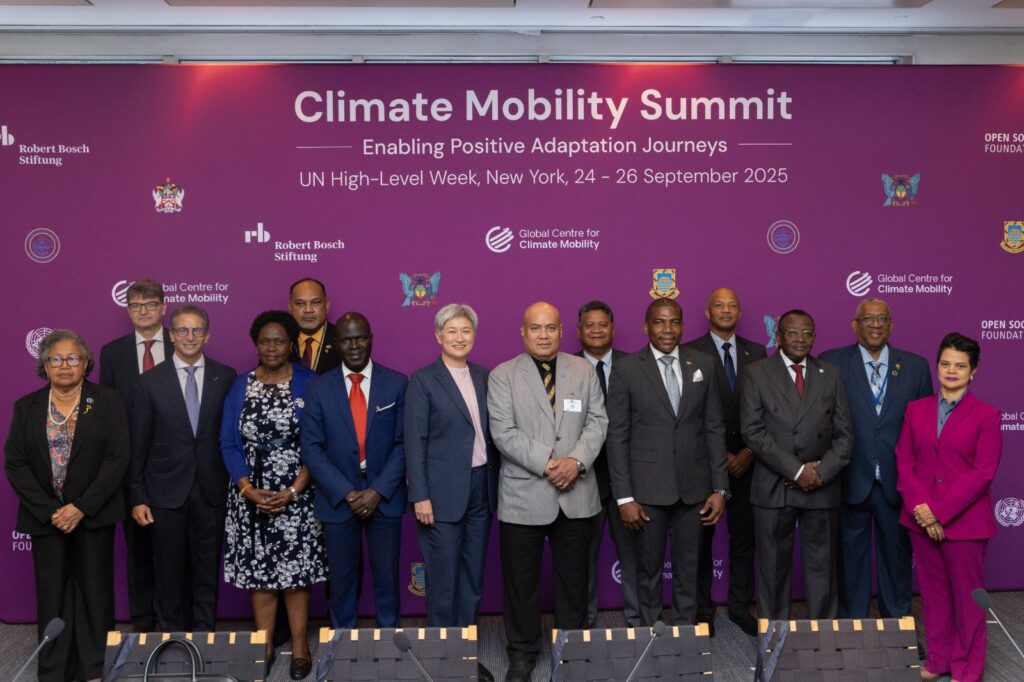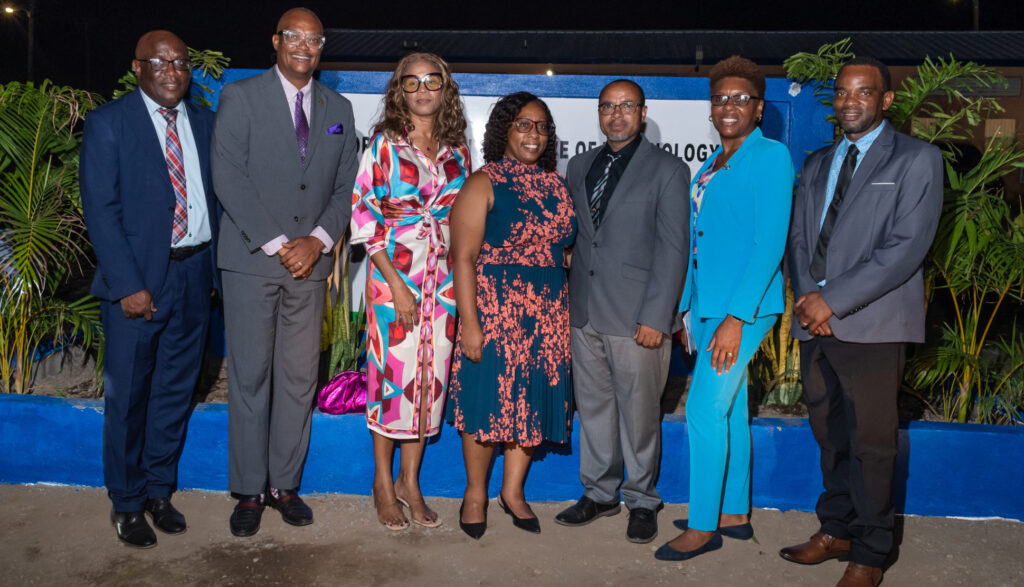WHO Declares End of COVID-19 Global Health Emergency
The World Health Organization (WHO), on May 5, 2023, declared the end of COVID-19 as a Public Health Emergency of International Concern (PHEIC). This momentous decision, arriving over three years after the initial declaration on January 30, 2020, signifies a pivotal shift in the global response to the pandemic. The declaration’s end acknowledges the sustained progress made in combating the virus and managing its impact on global health systems. While COVID-19 remains a global health challenge, the sustained downward trend in key indicators, including mortality rates and pressure on healthcare infrastructure, supports the WHO’s assessment that the emergency phase has passed.
The WHO Director-General, Dr. Tedros Adhanom Ghebreyesus, highlighted the factors contributing to this decision. He cited the significant increase in population immunity through both vaccination and natural infection, leading to a consistent decline in severe illness and death. The easing of pressure on health systems globally has also allowed countries to reinstate pre-pandemic routines and focus on broader healthcare needs. This shift demonstrates the effectiveness of public health interventions, global cooperation, and scientific advancements in mitigating the virus’s impact. The 15th meeting of the WHO’s International Health Regulations (IHR) Emergency Committee provided the crucial recommendation to the Director-General, solidifying the consensus among global health experts that the emergency phase had concluded.
The journey from the initial PHEIC declaration to its termination reflects a complex interplay of scientific discovery, public health measures, and global collaboration. The early stages of the pandemic were marked by uncertainty and rapid transmission, requiring unprecedented global coordination in research, resource allocation, and public health guidance. The development and deployment of vaccines at an unprecedented pace marked a turning point in the fight against the virus. Alongside the implementation of non-pharmaceutical interventions like masking, social distancing, and improved sanitation, vaccines played a crucial role in reducing severe illness, hospitalization, and death. The collective global effort towards genomic surveillance, data sharing, and the development of therapeutics further strengthened the response, leading to the present state of improved control over the virus.
Despite the end of the PHEIC declaration, the WHO emphasizes that COVID-19 remains a significant global health issue. The virus continues to circulate, and new variants may emerge, posing ongoing challenges to health systems. The WHO stresses the importance of continued vigilance, including sustained surveillance, vaccination efforts, and equitable access to diagnostics and therapeutics. The shift from emergency response to long-term management underscores the need for countries to integrate COVID-19 management into their routine healthcare systems, ensuring preparedness for future outbreaks and minimizing disruption to essential health services. The focus now transitions to building resilient health systems capable of handling both endemic COVID-19 and other emerging health threats.
The WHO’s decision marks a transition, not a declaration of victory. It signifies a move towards a sustainable, long-term approach to managing COVID-19, emphasizing the importance of preparedness, prevention, and ongoing research. The lessons learned during the pandemic, particularly the importance of global solidarity and scientific collaboration, will be crucial in navigating future health crises. The global community must continue to invest in strengthening health systems, promoting equitable access to healthcare, and advancing scientific research to mitigate the impact of existing and emerging infectious diseases. This sustained commitment is essential to safeguarding global health security and building a more resilient future.
Moving forward, the global health community faces the ongoing task of integrating the lessons learned from the COVID-19 pandemic into long-term health strategies. This includes strengthening primary healthcare systems, enhancing surveillance capabilities, and promoting equitable access to essential health services. Continued investment in research and development is crucial for developing new and improved diagnostics, therapeutics, and vaccines. Promoting global collaboration and data sharing will remain vital in monitoring the evolution of the virus and responding effectively to emerging variants. The end of the PHEIC declaration signifies a new phase in the global response to COVID-19, one that requires sustained commitment, vigilance, and collaboration to ensure a healthier and more secure future for all.
Share this content:












Post Comment